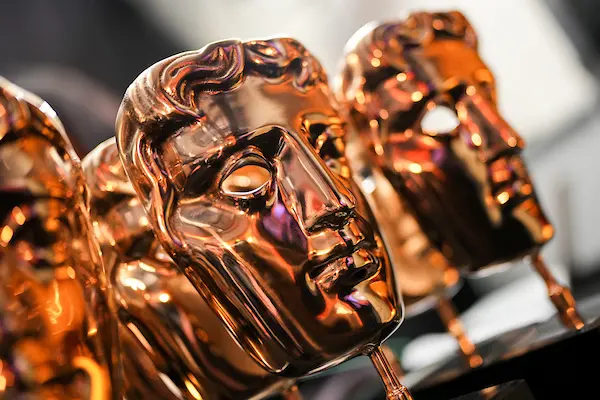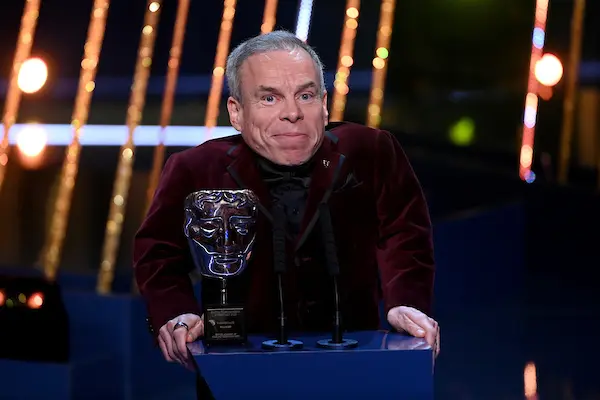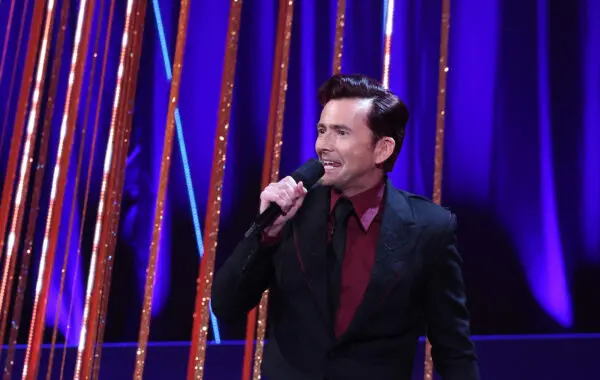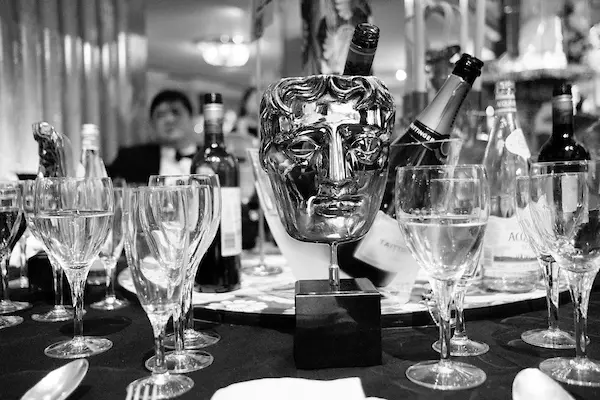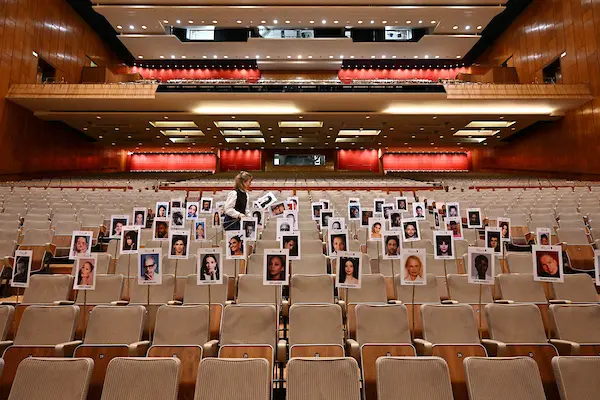Letter to BAFTA members, 30/4/2021
You may have seen the story in today’s Guardian regarding BAFTA member and recent Outstanding British Contribution to Cinema (OBCC) award recipient Noel Clarke.
We are grateful that The Guardian was able to provide a platform where the victims were able to identify themselves, and to come forward and tell their stories.
As soon as The Guardian published firsthand accounts yesterday we immediately suspended the award and Noel Clarke’s membership of BAFTA until further notice.
We wanted to inform you of the background to this situation to give you the full picture.
To be very clear, we did not know about any allegations relating to Noel Clarke prior to the announcement of the OBCC award on 29 March.
We want to reassure you that we have treated this matter with the utmost seriousness, care and proper process at every stage. The BAFTA Board of Trustees has remained right across this matter, has met a number of times and are fully supportive of all actions taken.
The allegations against Mr Clarke are extremely serious and the behaviour they allege are contrary to BAFTA’s values and everything it stands for. But no matter how abhorrent these allegations are, they cannot be dealt with without due process. BAFTA is an arts charity that is not in a position to properly investigate such matters.
In the days following the announcement, BAFTA received anonymous emails of allegations in relation to Noel Clarke. These were either anonymous or second or thirdhand accounts via intermediaries. No firsthand allegations were sent to us. No names, times, dates, productions or other details were ever provided.
Had the victims gone on record as they have with The Guardian, the award would have been suspended immediately. Noel Clarke’s counsel received a legal notice to this effect. It was always very clear what our intentions would be.
We asked for individuals to come forward with their accounts and identify themselves, as they have done with The Guardian, but due to the anonymous claims and the lack of firsthand specificity, we did not have sufficient grounds to take action.
We completely understand why the individuals were extremely fearful to identify themselves to us, and we recognise how hard it is for victims to speak up. First, we encouraged them to report the incidents to their representatives, employers and/or the police. We then gave further advice as to which organisations could provide affected individuals with appropriate support.
Additionally, we were conscious of how hard it is to report these issues and as a result we put in place an independent, appropriately qualified person with whom the victims could discuss the issues raised in a safe and confidential environment.
The expert has a huge amount of experience working with individuals who have suffered sexual harassment, bullying and abuse and who understands the fear and reluctance of individuals to identify themselves. The expert is a leading advisor on establishing safe centres for women and is able to lead individuals through their different options. This process involved seeking advice on the correct individual, appointing them and fully briefing them. We wanted to ensure that we had the right person in place.
We acted as quickly and supportively as we could, even though we had only received the most generic of claims and no actual firsthand information to investigate allegations which were potentially of a criminal nature.
Having received the same anonymous emails, Noel Clarke contacted BAFTA, urgently requesting a conversation and sending numerous texts to us. We confronted him with the anonymous allegations, which he strongly denied.
Our lawyers have advised us every step of the way during this process to ensure we handled the matter correctly. Given that we did not have any of the personal testimony that The Guardian produced we were in an invidious situation and it would have been improper to halt the award at that point based on the extremely limited information that we had where the ultimate sources were unknown.
As you are aware, BAFTA has taken action against individuals who have been accused of similar behaviour in the past but in those cases we were able to do so because there was evidence that allowed us to take action.
We very much regret that women felt unable to provide us with the kind of firsthand testimony that has now appeared in The Guardian. Had we been in receipt of this, we would never have presented the award to Noel Clarke.
Krish and Amanda
Krishnendu Majumdar
Chair
Amanda Berry OBE
Chief Executive
Press statement, 29/4/21
In light of the allegations of serious misconduct regarding Noel Clarke in The Guardian, BAFTA has taken the decision to suspend his membership and the Outstanding British Contribution to Cinema award immediately and until further notice.
A statement from BAFTA regarding apologies issued by The Times and Mail Online, 25/6/21
- The Times has apologised after making false and defamatory claims in articles regarding the Bafta Chair Krishnendu Majumdar and Bafta’s decision to present Noel Clarke with an OBCC award.
- The Mail Online has also issued an apology
- Both publications accept there are no “close links” between Bafta Chair and Clarke.
- Decision to allow Clarke to receive a previously announced award was determined by the lack of evidence Bafta had at the time of having to make its decision on whether to proceed with the presentation.
Today, The Times and the Mail Online have issued apologies to BAFTA and its Chair, Krishnendu Majumdar.
The Times’s article, “Bafta boss Krishnendu Majumdar worked with scandal star Noel Clarke on diversity” (3 May) falsely claimed that the BAFTA Chair had “close links” with Clarke. It also implied that because both the Chair and Clarke are men of colour, this also influenced the decision to present Clarke with the OBCC award. Both claims were baseless.
The Mail Online copied The Times’s story, albeit focusing on the “close links” claim.
BAFTA made a legal complaint to both publications in defamation given there were no “close links” between the Chair and Noel Clarke. Outside of BAFTA, the Chair has never met or worked with Clarke. They are not friends or business associates. As against The Times, it also complained about the racist element in the story.
Both The Times and the Mail Online have accepted that there are no close links between the BAFTA Chair and Clarke, that BAFTA’s response to the allegations was led by a group of individuals, including members of the BAFTA board, who were collectively handling BAFTA’s response to the issue and that the decision to allow Clarke to be presented with the award was determined by the lack of evidence BAFTA had at the time of having to make a decision on whether to proceed with the presentation.
Today both publications have published apologies. The Times’s apology is also in the hard copy paper and the tablet editions. The Times has agreed to pay damages and costs and the Mail Online is expected to follow suit.
It is important to BAFTA that these defamatory and untrue articles have been removed and apologies published as they were very seriously damaging, undermining the very good work BAFTA has done as an arts charity on diversity and inclusion, as well as the proper manner in which it conducted itself in respect of the Clarke matter.
An apology from The Times [LINK]
In “Bafta boss Krishnendu Majumdar worked with scandal star Noel Clarke on diversity” (News, 3 May), we reported concerns that Krishnendu Majumdar’s close links with Noel Clarke and their work together to promote diversity could have hampered Bafta’s handling of the sex allegations against Clarke. We accept that this suggestion is incorrect. There are no close links between the men. Bafta’s response to the allegations was delegated to a group deputed to deal with the issue. Bafta has explained that the matter was determined by the lack of evidence it had at the time of having to make its decision on whether to proceed with presenting Mr Clarke with an award. We apologise to Mr Majumdar and Bafta for the distress.
An apology from Mail Online [LINK]
An article on 3 May reported claims in The Times that Bafta chairman Krishnendu Majumdar had close links to Noel Clarke, the actor facing multiple allegations of sexual harassment and misconduct. We now accept that the reference to close links was incorrect. Bafta say their decision to allow Clarke to receive a previously announced award was taken by a group and determined by the lack of evidence it had at the time. We are happy to make this clear and apologise to Bafta and Mr Majumdar.




